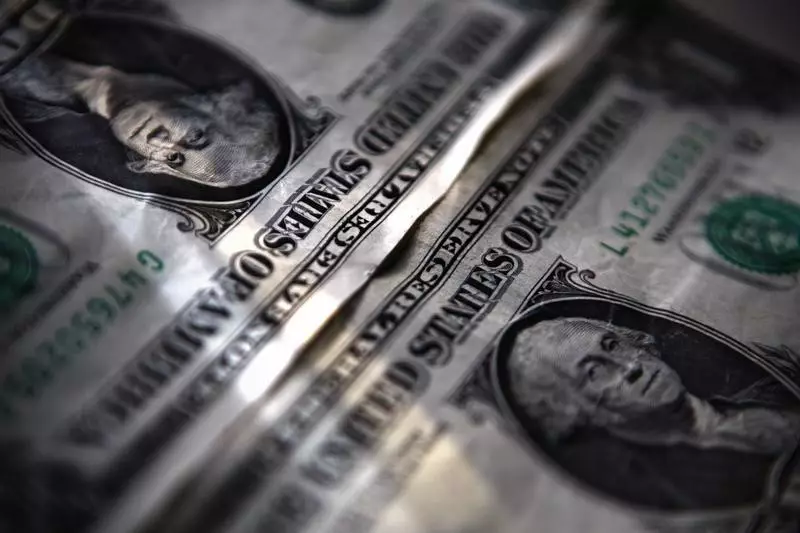The U.S. election is widely regarded as a significant factor that could influence the strength of the U.S. dollar in the coming months. Citi strategists have reiterated their view that the election is “US dollar positive,” attributing this to various factors such as trade and tariff policies. The potential for increased tariffs, especially towards China, is seen as a key driver that could bolster the dollar’s position in the market.
Citi outlines different election scenarios and their implications for the dollar. In a “red wave” scenario where Trump wins and Republicans gain control of both chambers of Congress, the dollar is expected to strengthen further. This outcome could lead to a focus on improving the trade deficit through tariffs and potential fiscal expansion through tax cuts and deregulation. Market participants are likely to start pricing in election outcomes two to three months ahead of the event, with the U.S. presidential debates in September serving as a pivotal moment for markets to react to these themes.
Any USD strength related to the election is anticipated to be priced in well before November, with the dollar potentially reaching its peak around that time. This suggests that the election could be a “sell the news” event for the USD and volatility. Despite the election being a significant factor, other elements such as Federal Reserve policy, macroeconomic conditions, and global economic developments will continue to play a crucial role in shaping the dollar’s trajectory in the coming months.
While the election may have a positive impact on the dollar, the macroeconomic landscape remains uncertain, and other catalysts could become more influential. Currencies such as the Chinese yuan, euro, Mexican peso, Taiwanese dollar, and Thai baht are identified as particularly vulnerable to risks related to trade and tariff policies. Factors such as Federal Reserve policy, recession risks, and global economic conditions could also contribute to fluctuations in these currencies.
While the U.S. election is expected to have a significant impact on the strength of the U.S. dollar, it is essential to consider a broader range of factors that could influence the currency’s performance in the coming months. By closely monitoring election scenarios, market dynamics, and global economic developments, investors can better navigate the complexities of the foreign exchange market and make informed decisions regarding their USD holdings.


Leave a Reply